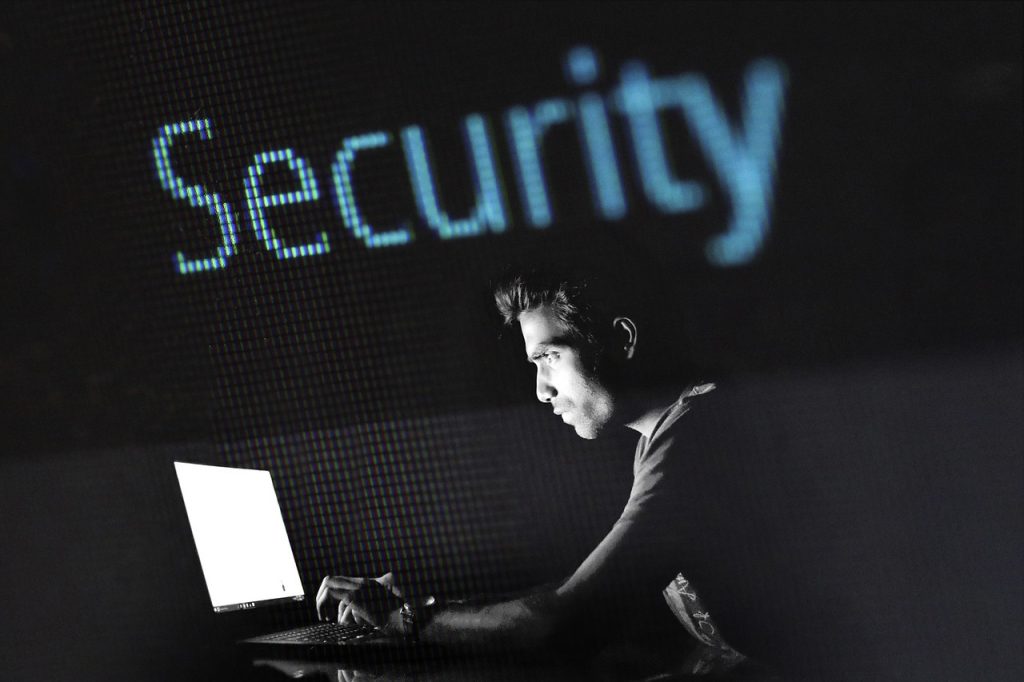Why The United Kingdom Is Banning Certain Chinese Products
The United Kingdom is banning the use of Chinese security cameras at its most sensitive sites due to concerns related to national security.
This article is more than 2 years old

The British government has banned the installation of Chinese surveillance cameras at sensitive sites due to security concerns. The new policy applies to visual surveillance systems manufactured by companies that are required to cooperate with Beijing’s security services by China’s national intelligence law. Officials have been told to strongly consider removing existing equipment entirely.
Chinese camera surveillance systems should also not be connected to departmental core networks. Speaking about the decision, the Chancellor of the Duchy of Lancaster Oliver Dowden said, “A review has concluded that, in light of the threat to the U.K and the increasing capability and connectivity of these systems, additional controls are required.”
Since security considerations are always paramount around sensitive sites, the government is taking action to prevent any security risks from materializing, the statement continued. When asked why the government was not ordering the replacement of all existing Chinese cameras, a spokesperson for the Prime Minister said the matter was under constant review.
“This is a preventative step that’s been taken in line with that approach,” she told BBC News. However, officials have been urged to consider whether locations that are not defined as “sensitive” should follow suit. The move to remove Chinese cameras is a response to concerns raised by parliament and surveillance watchdogs, who say the U.K’s public surveillance infrastructure had been built on “digital asbestos.”
Responding to the ban on Chinese cameras Hikvision, a leading surveillance company in China has denied suggestions that it poses a threat to Britain. In a statement to CNN Business, the firm said it was categorically false to represent Hikvision as a threat to national security. Now, the company hopes to engage with U.K officials urgently to understand the decision.
The company had previously spoken with the U.K government to clear up misunderstandings about its business. “Hikvision is an equipment manufacturer that has no visibility into end users’ video data,” the Chinese camera maker said. “We cannot access end-user video data and cannot transmit data from end-users to third parties. We do not manage end-user databases, nor do we sell cloud storage in the U.K.”
The U.K ban on Chinese cameras comes months after local lawmakers called for a review of equipment from Hikvision and Dahua, citing allegations that both firms had been involved in enabling human rights abuses against Uyghurs in Xinjiang. In 2019, the United States placed Hikvision and other Chinese companies on a trade blacklist, prohibiting them from importing technology over similar concerns.
Additionally, Big Brother Watch, a British nonprofit group that investigates the use of surveillance systems, said 67 members of the U.K parliament felt that Chinese companies should be prohibited from selling their cameras and surveillance equipment in the country. In July, the organization said it found that most public bodies use CCTV cameras made by Hikvision or Dahua.
This included 73% of councils across the U.K, 57% of secondary schools, 60% of National Health Service Trusts, as well universities and police forces. However, in its statement, Hikvision said its Chinese cameras were compliant with British laws and subject to strict security requirements. Dahua has not responded to the ban.



